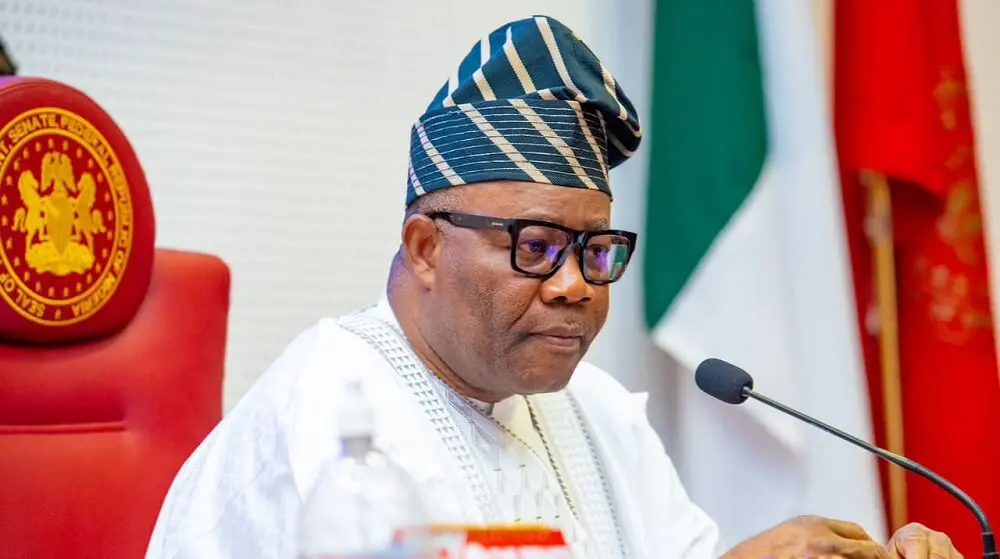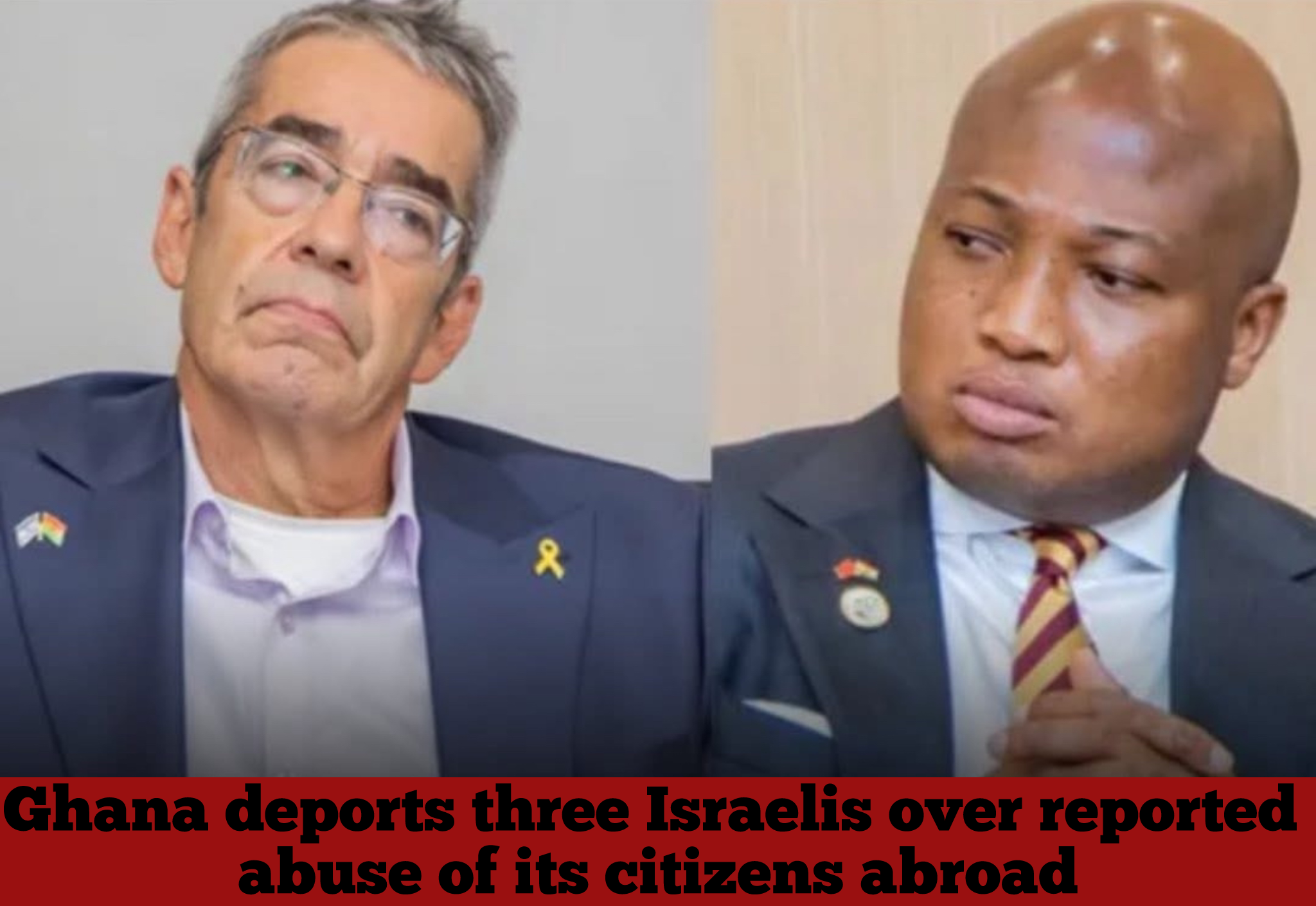The Socio-Economic Rights and Accountability Project (SERAP) has filed a lawsuit against the Nigerian National Petroleum Company Limited (NNPCL), accusing it of failing to account for N500 billion in oil revenue allegedly not remitted to the Federation Account between October and December 2024.
The legal action follows a World Bank report revealing that out of the N1.1 trillion generated from crude oil sales and other earnings by NNPCL during that period, only N600 billion was deposited into the Federation Account — leaving a discrepancy of N500 billion.
SERAP had earlier submitted a Freedom of Information (FoI) request to NNPCL seeking clarification on the shortfall. However, the company, through its legal counsel, Afe Babalola & Co., responded that the FoI Act does not apply to it — a position SERAP rejected.
Consequently, the rights group has taken the matter to the Federal High Court in Lagos, filing suit number FHC/L/MSC/553/2025, and is seeking an order of mandamus compelling NNPCL to provide a detailed account of the alleged missing funds.
In the suit, filed by SERAP’s legal team — Kolawole Oluwadare, Oluwakemi Oni, and Valentina Adegoke — the group is asking the court to:
Order the NNPCL to publicly disclose how the missing N500 billion was handled;
Direct the company to invite anti-corruption agencies to investigate the matter;
Ensure recovery and remittance of the allegedly withheld funds;
Identify and prosecute any individuals found culpable.
SERAP maintains that NNPCL, as a public institution managing national oil resources, has a constitutional and legal obligation to operate transparently and accountably, in accordance with the Nigerian Constitution, the FoI Act, and international anti-corruption norms.
“The unaccounted N500 billion represents more than just numbers — it deepens Nigeria’s economic crisis, fuels deficit spending, and worsens the debt burden,” SERAP stated. “Nigerians have a right to know how their oil wealth is managed. There is a legitimate public interest in full transparency and accountability.”
The organisation further cited Section 39 of the Nigerian Constitution, Article 9 of the African Charter on Human and Peoples’ Rights, and Article 19 of the International Covenant on Civil and Political Rights, all of which guarantee the right of access to public information.
As of now, no date has been fixed for the hearing of the case.




